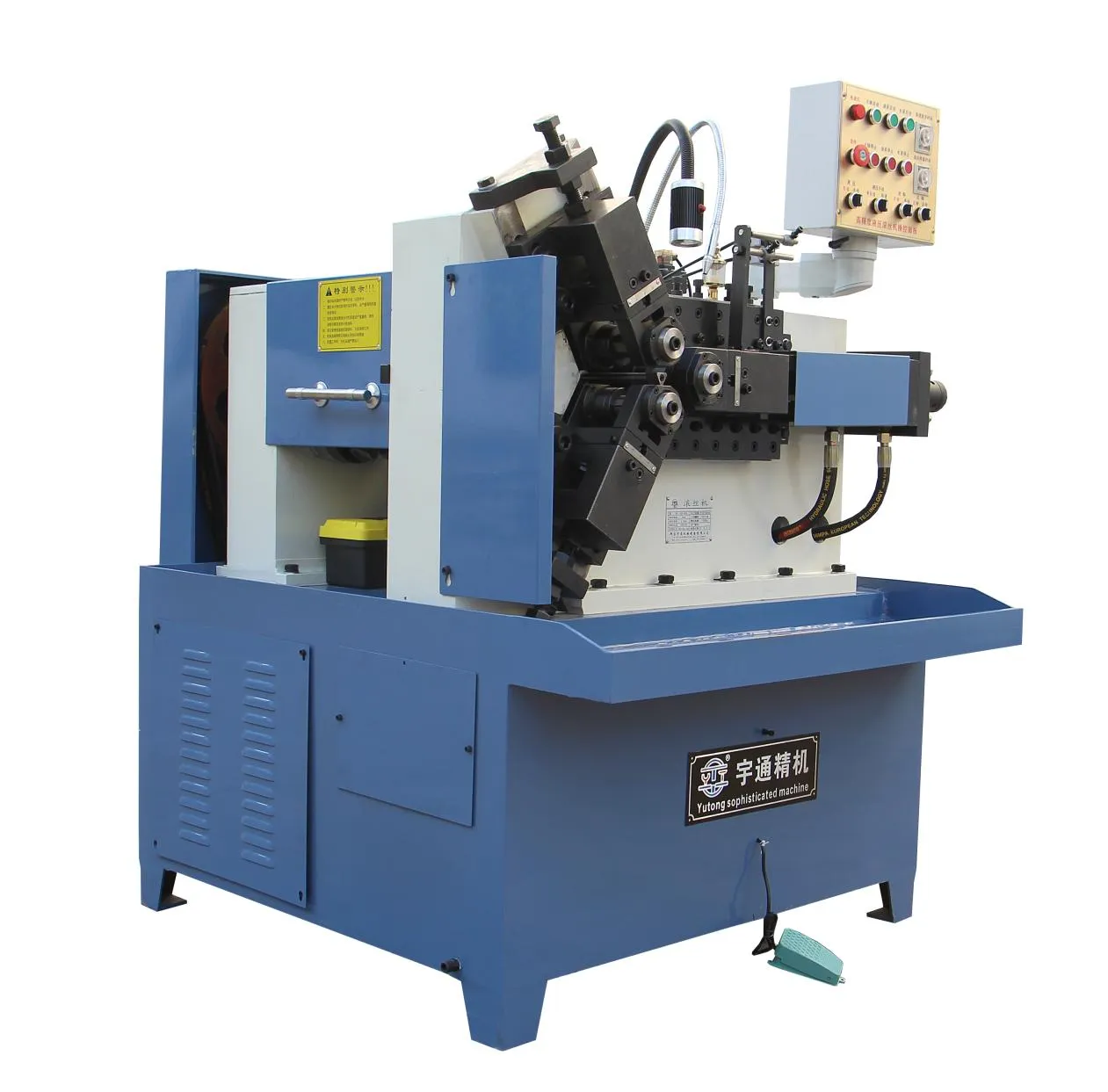
-
 Afrikaans
Afrikaans -
 Albanian
Albanian -
 Amharic
Amharic -
 Arabic
Arabic -
 Armenian
Armenian -
 Azerbaijani
Azerbaijani -
 Basque
Basque -
 Belarusian
Belarusian -
 Bengali
Bengali -
 Bosnian
Bosnian -
 Bulgarian
Bulgarian -
 Catalan
Catalan -
 Cebuano
Cebuano -
 Corsican
Corsican -
 Croatian
Croatian -
 Czech
Czech -
 Danish
Danish -
 Dutch
Dutch -
 English
English -
 Esperanto
Esperanto -
 Estonian
Estonian -
 Finnish
Finnish -
 French
French -
 Frisian
Frisian -
 Galician
Galician -
 Georgian
Georgian -
 German
German -
 Greek
Greek -
 Gujarati
Gujarati -
 Haitian Creole
Haitian Creole -
 hausa
hausa -
 hawaiian
hawaiian -
 Hebrew
Hebrew -
 Hindi
Hindi -
 Miao
Miao -
 Hungarian
Hungarian -
 Icelandic
Icelandic -
 igbo
igbo -
 Indonesian
Indonesian -
 irish
irish -
 Italian
Italian -
 Japanese
Japanese -
 Javanese
Javanese -
 Kannada
Kannada -
 kazakh
kazakh -
 Khmer
Khmer -
 Rwandese
Rwandese -
 Korean
Korean -
 Kurdish
Kurdish -
 Kyrgyz
Kyrgyz -
 Lao
Lao -
 Latin
Latin -
 Latvian
Latvian -
 Lithuanian
Lithuanian -
 Luxembourgish
Luxembourgish -
 Macedonian
Macedonian -
 Malgashi
Malgashi -
 Malay
Malay -
 Malayalam
Malayalam -
 Maltese
Maltese -
 Maori
Maori -
 Marathi
Marathi -
 Mongolian
Mongolian -
 Myanmar
Myanmar -
 Nepali
Nepali -
 Norwegian
Norwegian -
 Norwegian
Norwegian -
 Occitan
Occitan -
 Pashto
Pashto -
 Persian
Persian -
 Polish
Polish -
 Portuguese
Portuguese -
 Punjabi
Punjabi -
 Romanian
Romanian -
 Russian
Russian -
 Samoan
Samoan -
 Scottish Gaelic
Scottish Gaelic -
 Serbian
Serbian -
 Sesotho
Sesotho -
 Shona
Shona -
 Sindhi
Sindhi -
 Sinhala
Sinhala -
 Slovak
Slovak -
 Slovenian
Slovenian -
 Somali
Somali -
 Spanish
Spanish -
 Sundanese
Sundanese -
 Swahili
Swahili -
 Swedish
Swedish -
 Tagalog
Tagalog -
 Tajik
Tajik -
 Tamil
Tamil -
 Tatar
Tatar -
 Telugu
Telugu -
 Thai
Thai -
 Turkish
Turkish -
 Turkmen
Turkmen -
 Ukrainian
Ukrainian -
 Urdu
Urdu -
 Uighur
Uighur -
 Uzbek
Uzbek -
 Vietnamese
Vietnamese -
 Welsh
Welsh -
 Bantu
Bantu -
 Yiddish
Yiddish -
 Yoruba
Yoruba -
 Zulu
Zulu
types of thread rolling factories
Types of Thread Rolling Factories
Thread rolling is an essential manufacturing process used to create external threads on cylindrical materials like bolts, screws, and other fasteners. This cold-forming technique is favored for its efficiency and ability to produce high-strength threads without significant material waste. Various types of thread rolling factories specialize in distinct aspects of this process, catering to different industrial needs. This article explores the major types of thread rolling factories and their characteristics.
1. General Purpose Thread Rolling Factories
General-purpose thread rolling factories produce a wide range of threaded components for diverse applications. These factories utilize versatile machines that can handle various materials and thread sizes. They often serve multiple industries, including automotive, aerospace, construction, and consumer goods. By employing both flat and cylindrical thread rolling techniques, these factories can manufacture standard fasteners as well as customized products according to client specifications. Their ability to adapt to different materials—such as steel, aluminum, and stainless steel—makes them a vital player in the manufacturing sector.
2. Specialized Thread Rolling Factories
In contrast to general-purpose establishments, specialized thread rolling factories focus on producing a specific type of threaded component. For instance, some factories concentrate on creating high-strength bolts and screws for the automotive or aerospace industries, where precision and durability are critical. Others may specialize in micro-threaded fasteners for electronics, medical devices, or other specialized applications. These factories often invest in advanced technology and machinery to ensure that they meet the tight tolerances required by their specific markets, thereby enhancing their competitiveness.
3. Large Scale Thread Rolling Factories
types of thread rolling factories

Large-scale thread rolling factories are characterized by their high production volumes. They typically operate on a mass-production basis, supplying large quantities of standardized fasteners to major manufacturers. These factories are equipped with automated machinery capable of producing thousands of parts per hour, significantly reducing production costs. The primary advantage of large-scale factories is their ability to achieve economies of scale, which allows them to offer competitive pricing while maintaining quality standards. To ensure consistent output, large-scale factories often implement rigorous quality control processes and automation systems.
4. Small Batch and Custom Thread Rolling Factories
On the opposite end of the spectrum, small batch and custom thread rolling factories cater to niche markets and unique client requirements. These factories are adept at producing limited quantities of specialized threaded components, often based on custom designs. They play a crucial role in industries where bespoke parts are essential, such as in specialized machinery or custom automotive builds. By employing flexible manufacturing systems, these factories can quickly adjust their processes to accommodate different orders, making them invaluable for businesses that require tailored solutions.
5. High-Tech and Research Development Thread Rolling Factories
High-tech thread rolling factories focus on incorporating advanced technologies into their manufacturing processes. These facilities often engage in research and development to innovate new designs or improve existing products. They may experiment with novel materials, advanced coating processes, or new thread rolling techniques, striving for greater efficiency and performance. By collaborating with academic institutions or other research organizations, high-tech factories contribute significantly to advancements in the field of fastener technology.
Conclusion
The landscape of thread rolling factories is diverse, encompassing general-purpose, specialized, large-scale, small batch, and high-tech facilities. Each type of factory plays a specific role in the manufacturing ecosystem, addressing various industrial demands and challenges. As industries continue to evolve, thread rolling factories will adapt, utilizing the latest technologies and techniques to meet the needs of their customers, ensuring the production of high-quality threaded components essential for various applications.
